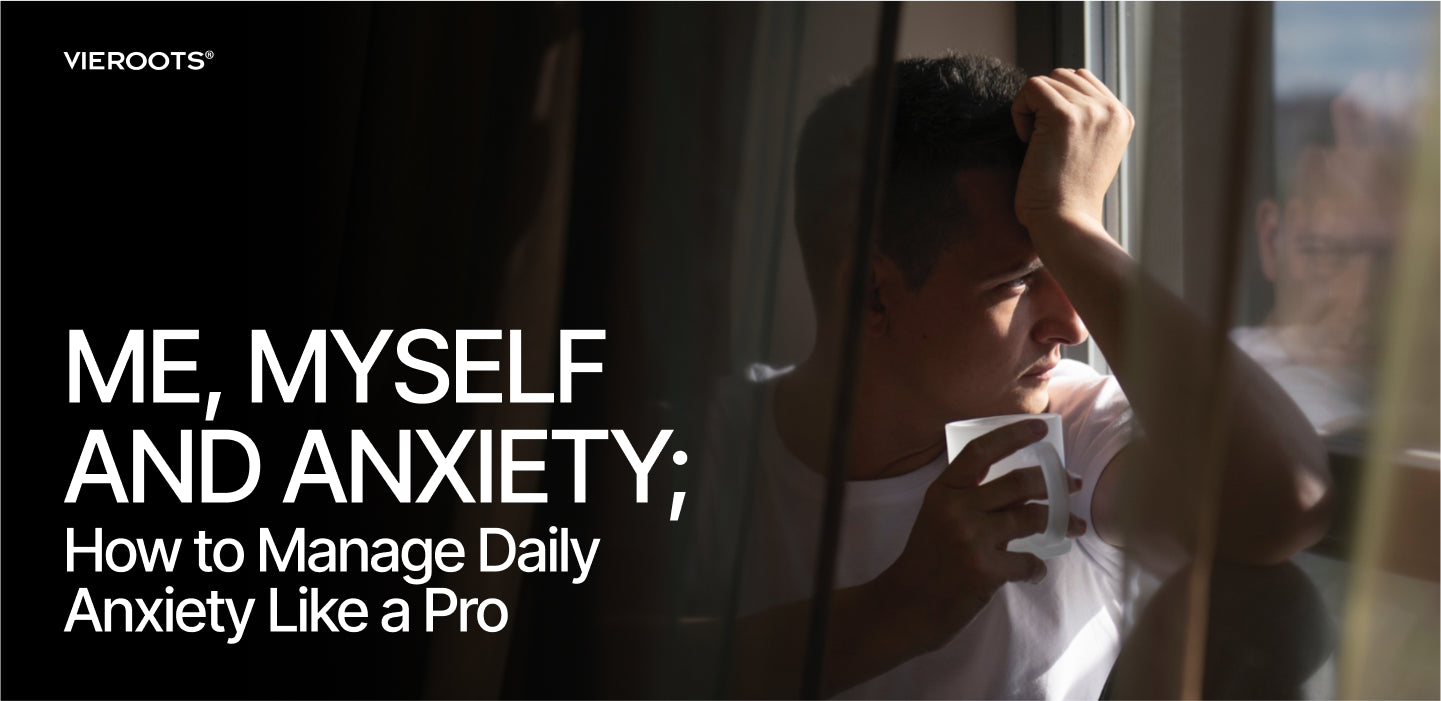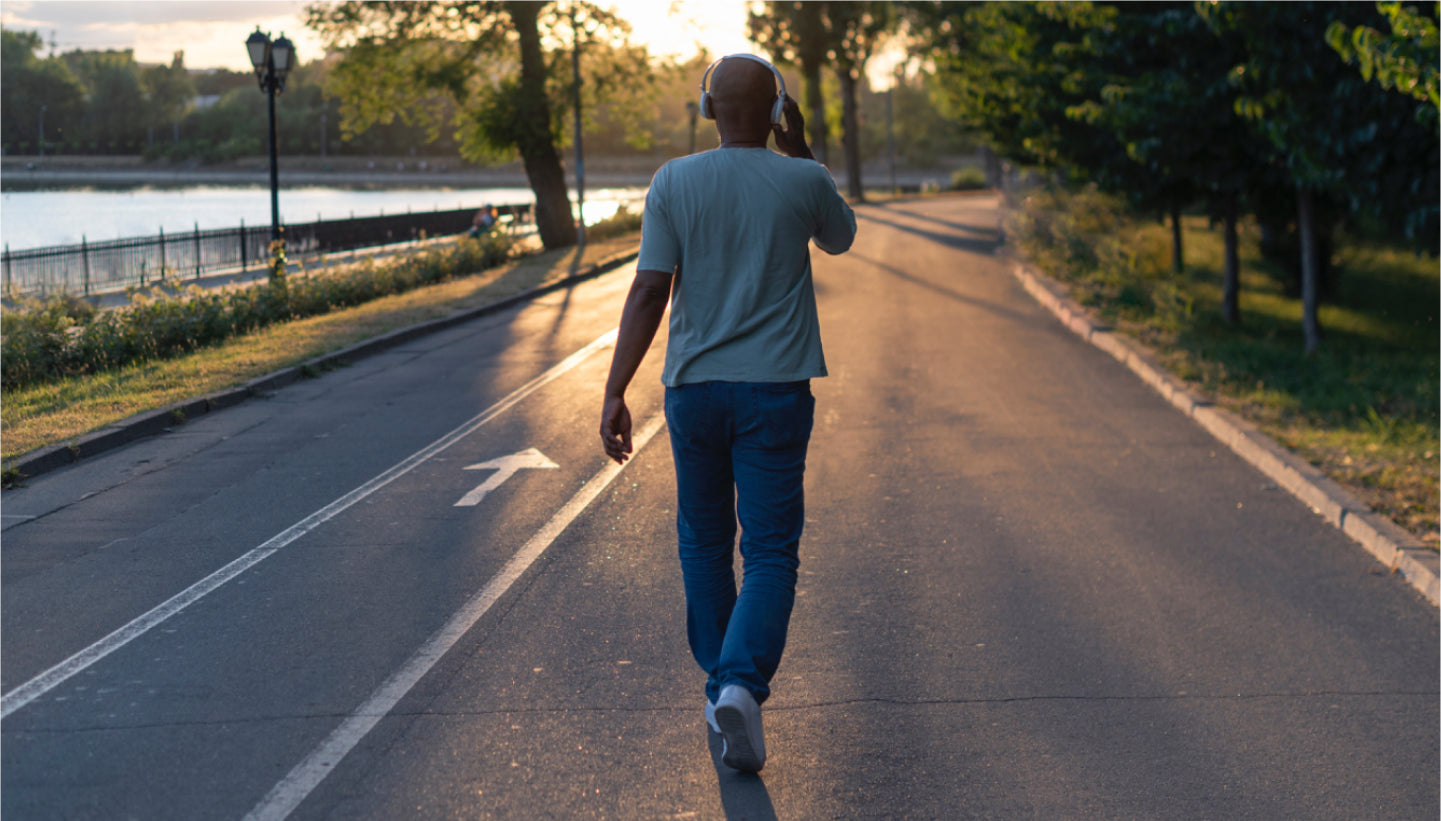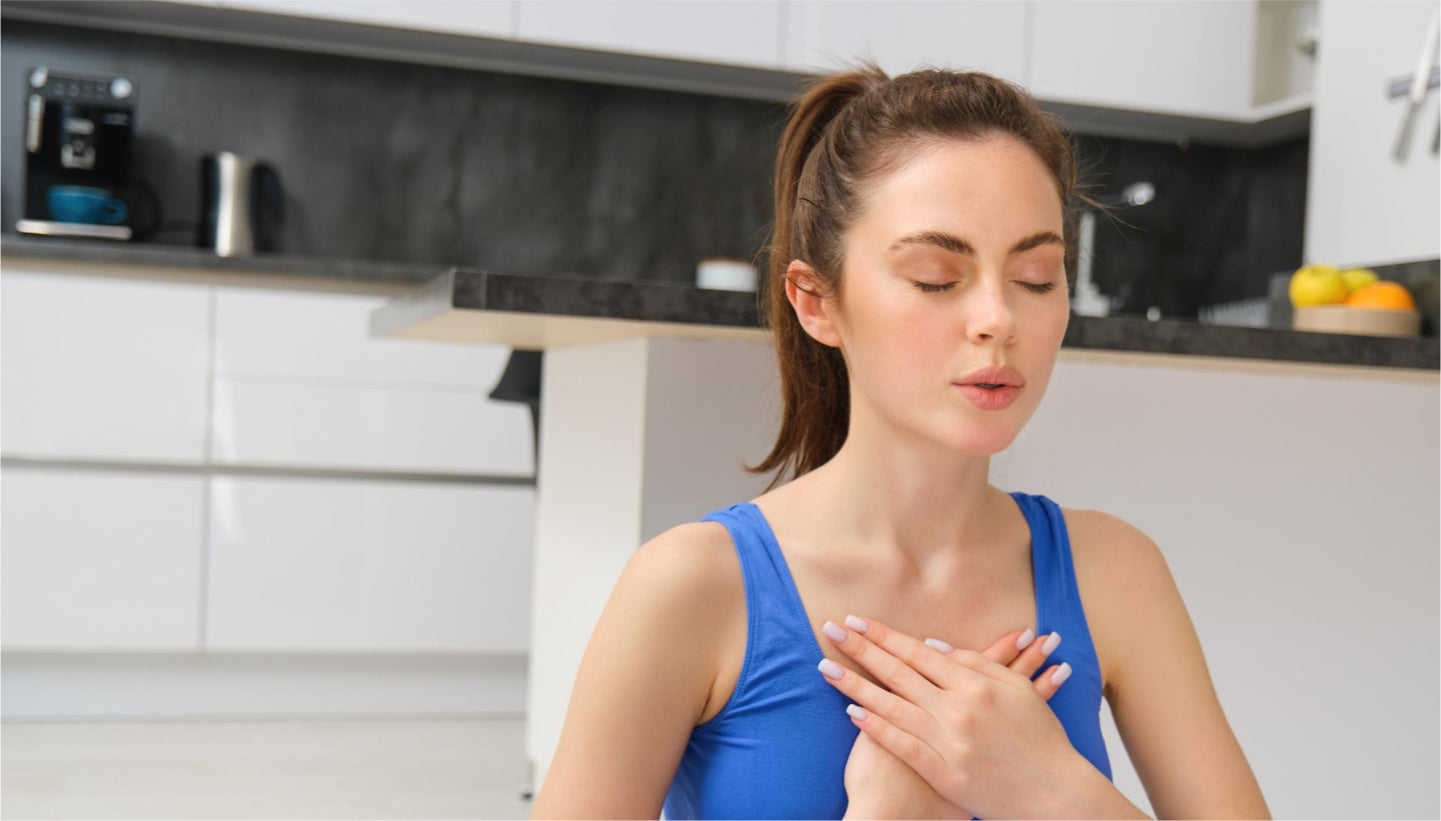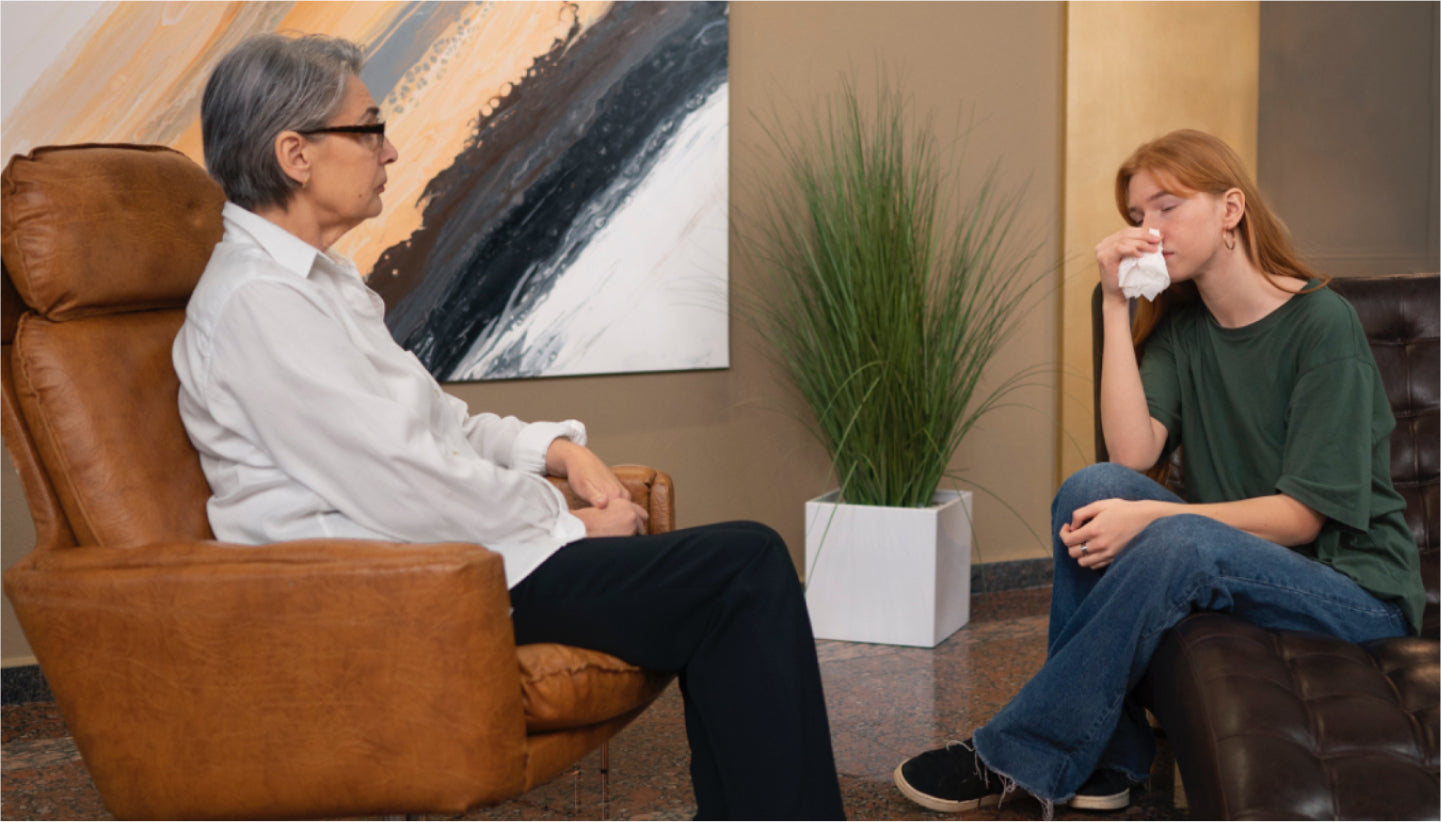Latest Posts
Me, Myself and Anxiety; How to Manage Daily Anxiety Like a Pro

Anxiety is something we all experience at some point in life. It can show up before a big test, a job interview, or even during a simple social gathering. While some level of anxiety is natural, dealing with it daily can be exhausting. The good news? You can take control of your anxiety and manage it like a pro!
Understanding Anxiety
Anxiety often stems from uncertainty. When your brain lacks information, it tries to fill in the blanks—usually with worst-case scenarios:- "What will happen if I miss this deadline?"
- "What if I embarrass myself at this party?"
- "Did I forget to turn off the stove? My house might burn down!"
When anxiety kicks in, your body’s stress response is activated, releasing cortisol and adrenaline. While this is helpful in real danger, it doesn’t always adjust to everyday situations properly. That’s why you feel nervous about giving a presentation as if you were facing a life-threatening event.

The Link Between Anxiety and Mental Health
Anxiety doesn’t just affect how you feel—it can impact your mental health in significant ways. It can lead to insomnia, difficulty concentrating, and even contribute to anxiety and depression. Long-term stress can also weaken your immune system and increase the risk of certain genetic diseases. But instead of letting anxiety take over, you can develop habits that help you cope.
10 Pro Tips to Manage Anxiety
1. Identify Your Triggers
Everyone has different anxiety triggers. Some common ones include:- Meeting new people
- Financial concerns
- Health worries
- Public speaking
- Social gatherings
Write down your anxiety triggers along with how your body reacts. Do your muscles tense up? Do you feel nauseous? Recognizing these signs can help you prepare better.
2. Get Moving
Exercise is one of the best ways to reduce anxiety. It helps your body release feel-good chemicals like serotonin and endorphins. Try:- A 10-minute walk
- Yoga or stretching
- Dancing to your favorite music
Not only does exercise improve your mental health, but it also helps lower the risk of stress-related genetic diseases.
3. Stay Present with Your Senses
Anxiety often comes from worrying about the future or dwelling on the past. A quick way to ground yourself is by engaging your senses:- Sight: Observe your surroundings, colors, and shapes.
- Hearing: Focus on background noises, music, or birds chirping.
- Smell: Light a scented candle or smell fresh coffee.
- Taste: Savor a mint or a piece of chocolate.
- Touch: Feel the texture of your clothes or pet a soft blanket.
4. Practice Mindfulness
Instead of fighting anxiety, acknowledge it without judgment. Use the RAIN method:- Recognize your anxiety.
- Allow yourself to feel it.
- Investigate where you feel it in your body.
- Note it without trying to change or suppress it.
Mindfulness can shift your mindset from fear to curiosity, making anxiety easier to handle.
5. Try Meditation
Meditation helps train your brain to focus and stay calm. Even five minutes a day can make a difference. Try:- Guided meditation apps
- Deep breathing exercises
- Progressive muscle relaxation

6. Control Your Breathing
When anxiety strikes, breathing exercises can help. Try this simple method:- Inhale for 4 seconds.
- Hold your breath for 4 seconds.
- Exhale for 8 seconds.
Repeating this for a few minutes can slow your heart rate and relax your body.
7. Challenge Negative Thoughts
Your mind often exaggerates problems. The next time an anxious thought pops up, ask yourself:- "Is this really true?"
- "What evidence do I have?"
- "What’s a more realistic way to look at this?"
For example, instead of thinking, "I’ll fail this test and ruin my life," reframe it as, "I’ll do my best, and one test doesn’t define my future."
8. Reach Out for Support
Talking to a trusted friend or family member can help relieve anxiety. Sometimes, just saying your worries out loud makes them seem less scary.- Call a friend for a quick chat.
- Write your thoughts in a journal.
- Join a support group if anxiety is overwhelming.
9. Develop Healthy Daily Habits
Certain lifestyle choices can either increase or decrease anxiety levels. Try these for better mental health:- Improve sleep: Stick to a regular sleep schedule.
- Limit caffeine and alcohol: These can make anxiety worse.
- Practice relaxation techniques: Yoga or warm baths can help.
10. Know When to Seek Help
If anxiety is affecting your work, relationships, or quality of life, it may be time to seek professional help. Therapy, medication, or both can be effective treatments for anxiety and depression. A therapist can help you develop coping strategies tailored to your needs.

Final Thoughts
Anxiety doesn’t have to control your life. By understanding your triggers, adopting healthy habits, and practicing mindfulness, you can learn to manage it like a pro.
Whether it’s a quick breathing exercise or a daily meditation routine, small steps can make a big difference. Remember, your mental health is just as important as your physical health—so take care of yourself!
Spread the Word




Title


